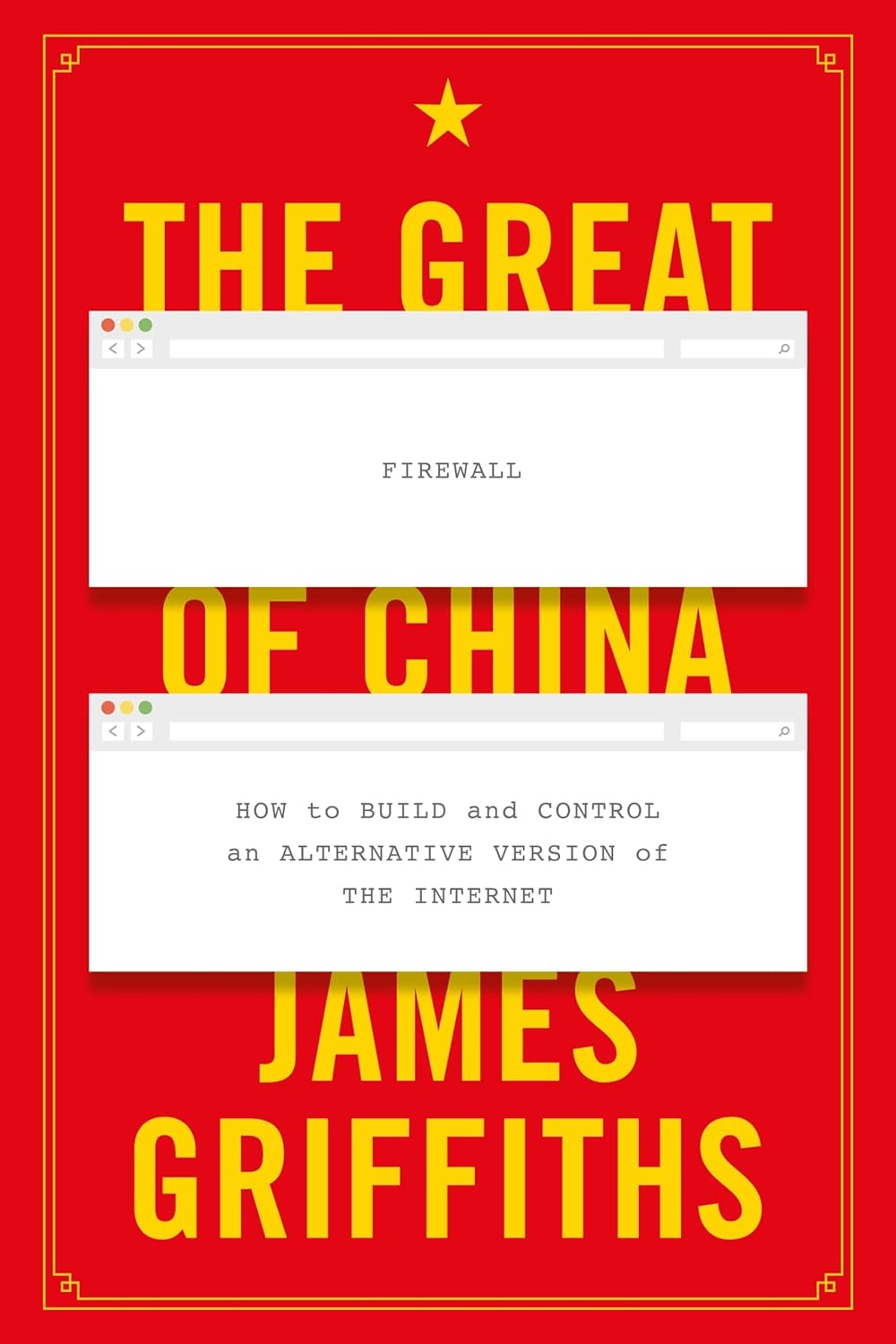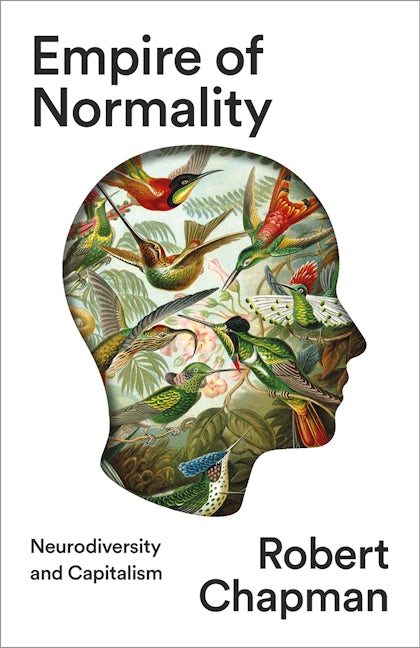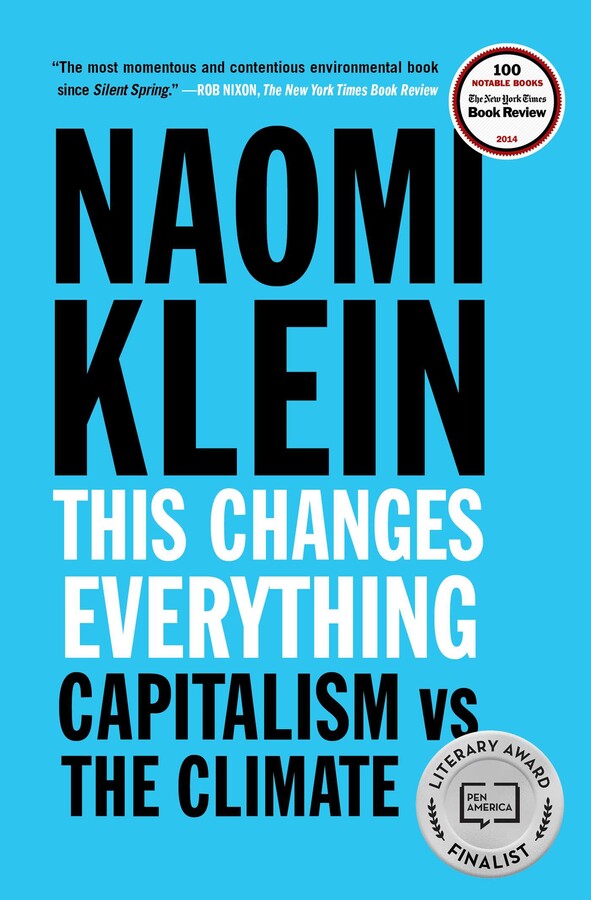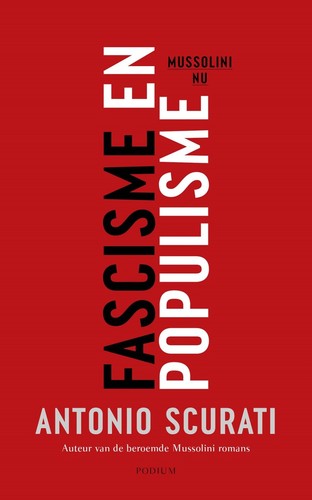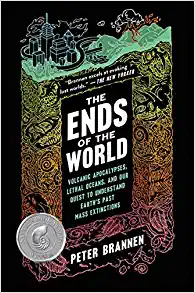“Many of those making facile comparisons between the current situation and past mass extinctions don’t have a clue about the difference in the nature of the data, much less how truly awful the mass extinctions recorded in the marine fossil record actually were,” he wrote me in an email.
“I am not claiming that humans haven’t done great damage to marine and terrestrial extinctions, nor that many extinctions have not occurred and more will certainly occur in the near future. But I do think that as scientists we have a responsibility to be accurate about such comparisons.”
I had a chance to sit down with Erwin after his talk at the annual geology conference. My first question—about a rumor I had heard from one of his colleagues that Erwin had served as a sort of mass extinction consultant to Cormac McCarthy while the notoriously secretive author was constructing the post-apocalyptic world of The Road—Erwin coyly evaded.
But on the speculative sixth mass extinction,he was more forthcoming.
“If we’re really in a mass extinction—if we’re in the [End- Permian]—go get a case of scotch,” he said.
If his power grid analogy is correct, then trying to stop a mass extinction after it’s started would be a little like calling for a building’s preservation while it’s imploding.
“People who claim we’re in the sixth mass extinction don’t understand enough about mass extinctions to understand the logical flaw in their argument,” he said. “To a certain extent they’re claiming it as a way of frightening people into action, when in fact, if it’s actually true we’re in a sixth mass extinction, then there’s no point in conservation biology.”
